Should You Use a Mortgage Broker? Everything You Need to Know First
Homebuyers spend hours scrolling through listings, comparing neighborhoods, examining school districts, and even investigating the backsplash tile in a kitchen.
But when it comes time to decide how they’ll actually pay for that dream home?
They spend far less time weighing out their options.
Yet, your choice of lender affects almost everything to do with your home purchase: It impacts how many loan options you can compare, how smoothly the process goes, and how confident you feel from pre-approval to closing.
So, should you go with a bank or work with a mortgage broker?
This guide breaks down the differences and helps you decide which path makes the most sense for your homebuying journey.
Where to Get a Mortgage: Bank or Broker?
When you're ready to buy a home, you'll likely need financing to make it happen.
From getting pre-approved to locking in a great interest rate, having someone guide you can make the whole process seamless.
Most buyers choose between two main financing options: getting a loan through a bank or working with a mortgage broker. Each offers a different experience, and understanding how they compare can help you decide which approach is best for your needs.
Let’s start by looking at each option and what it offers.
1. Banks (AKA: Direct Mortgage Lender)
Banks and other financial institutions, like credit unions, act as direct lenders, offering mortgages through their own in-house lending programs.
These institutions often work alongside mortgage loan officers who help guide borrowers through the bank’s application and approval process.
Benefits
When you apply directly, a loan officer will review your credit history, income, and financial history to determine what you qualify for.
Based on that, they’ll present you with one of their available mortgage products.
Getting a mortgage loan through a bank may be a good fit if you already have a relationship with the institution, have strong credit, or prefer a more traditional and familiar process.
Drawbacks
While working with a bank or financial institution can be a good option for some buyers, there are a few limitations to consider.
Banks only offer their own mortgage products, so you won’t have access to a wider range of rates or terms unless you apply elsewhere. Because their focus is on in-house loans, you’ll need to do your own research if you want to compare options across lenders.
This approach can be less flexible if your financial situation is non-traditional. For example, if you’re self-employed or have variable income, it may be harder to get approved or find a loan that truly fits your needs.
2. Working With a Mortgage Broker
A mortgage broker, on the other hand, is a licensed professional who connects you with a wide range of lenders.
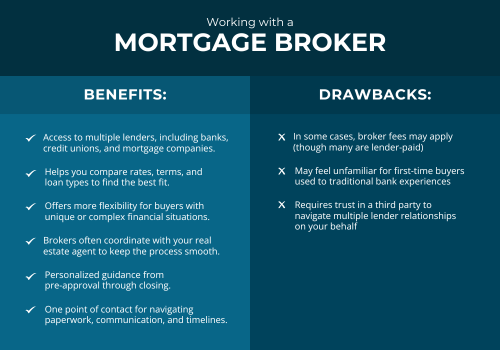
Their job is to compare rates, terms, and loan types across multiple sources—including banks, credit unions, and mortgage companies—then recommend the best fit based on your goals, credit, income, and long-term plans.
Benefits
Instead of offering just one set of loan products, they help you explore several options based on your goals and financial profile.
This is especially helpful if you’re a first-time buyer, self-employed, or navigating a more complex financial situation.
Brokers often work closely with your real estate agent to keep things aligned and on schedule during the homebuying process. From pre-approval to closing, they guide you through each step and help you understand your options clearly.
Overall, mortgage brokers offer a more flexible and personalized experience, designed to give you options and support every step of the way.
Drawbacks
Despite these advantages, there may be some drawbacks to consider.
For instance, there may be additional fees involved in certain situations. However, most brokers are paid by the lender, not the borrower.
For first-time buyers, the process may feel less familiar than working with a bank.
And while brokers present a range of options, it’s still important to ask questions and make sure the recommendations align with your long-term financial goals.
One of the key differences to understand is that mortgage brokers specialize solely in home loans, while banks offer a wide range of financial services.
This focus means that a broker’s full attention is on helping you find the mortgage that best fits your needs and financial situation.
What a Mortgage Broker Does
Whether you're buying your first home or already own several properties, the mortgage process can feel overwhelming.
A good broker helps simplify each step, reduces the stress of managing the details, and gives you the clarity and confidence you need throughout your homebuying journey.
Here's how they do it:
1. They compare lenders for you.
Instead of applying to one bank without any confirmation if there is a better offer out there, a broker checks rates and loan options from many different lenders including banks, credit unions, and alternative options you may not even know exist.
This gives you a broader view of what’s out there and helps you avoid overpaying or signing on to less favorable terms.
2. They explain your options in simple terms.
Mortgages come with a lot of fine print.
Your broker will break it all down, like how a fixed-rate loan compares to a variable one, or what different term lengths really mean for your monthly payments so you can make confident, informed choices.
3. They help with all the paperwork.
From income documents to credit reports, applying for a mortgage means pulling together a lot of information.
A broker walks you through exactly what’s needed, helps you stay organized, and makes sure your application is complete and accurate.
4. They handle communication with lenders.
Instead of juggling calls and emails from different banks, your broker takes care of all communication for you. They keep everything organized, follow up on your behalf, and make sure you’re updated at every step so nothing slips through the cracks.
5. They support you from pre-approval to closing.
A mortgage broker supports you through the entire home financing process.
If questions come up or unexpected issues pop up (and they often do), your broker steps in to troubleshoot and keep things on track.
Their goal is to make the process as smooth as possible so you feel supported, informed, and confident every step of the way.
Whether you're just starting to look or getting ready to sign the final documents, your broker is there to answer questions, solve problems, and make sure you’re set up for success at every stage.
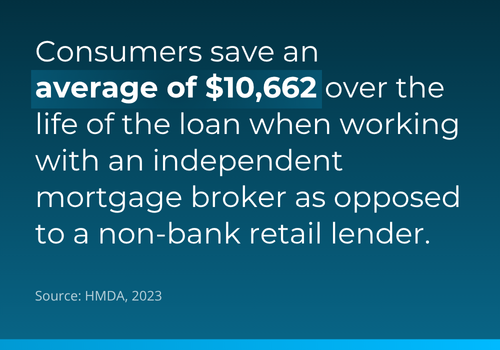
Common Mortgage Broker Myths
Even with more buyers turning to mortgage brokers, some misunderstandings still come up.
Here’s what you should know about the most common mortgage broker myths.
“Mortgage brokers are more expensive, especially because of mortgage broker fees.”
In most cases, broker fees are paid by the lender, not by you.
If there is a fee involved, it’s usually minor and often offset by the savings they help you secure through better loan terms.
“Brokers are only for people with bad credit.”
Mortgage brokers work with all kinds of borrowers, including those with excellent credit.
They’re especially helpful if you want to explore more options, if you’re self-employed, or if your financial situation is a little more complex than average.
“It’s safer to go through a bank.”
Mortgage brokers are licensed and regulated professionals, often affiliated with a national association that upholds industry standards and ethical practices.
They are legally required to act in your best interest and are committed to providing transparency, education, and guidance so you can make confident, well-informed decisions.
Whether you're buying your first home or refinancing your fifth, a mortgage broker can offer the guidance, choice, and peace of mind that many buyers don’t get from traditional lenders.
What to Expect When Working With a Mortgage Broker
If you're thinking about using a mortgage broker, it's helpful to know what the process looks like.
Brokers offer guidance, simplify complex decisions, and help you find a loan that fits your goals, not just your credit score.
Here’s what working with a mortgage broker typically includes:
Clear, Simple Guidance
Mortgage terms can be confusing. A broker explains your options in everyday language, helping you understand what each loan means for your budget and long-term plans.
One Point of Contact
Instead of dealing with multiple banks, you work with one person who handles communication, paperwork, and updates all in one place.
Support for Unique Financial Situations
Whether you're self-employed, have non-traditional income, or are buying for the first time, brokers know which lenders offer more flexible solutions and which programs are in place for your situation.
Help Beyond the Purchase
Brokers often support clients after the sale too, like when it’s time to refinance or renew your mortgage down the road.
In many cases, working with a mortgage broker can make the process easier to navigate and more tailored to your individual needs.
Is a Mortgage Broker the Right Choice for You?
But again, it’s not an easy decision.
Choosing how to finance your home is a big decision, and the right path depends on your goals, your comfort level, and your financial situation.
Asking a few key questions can help you figure out whether working with a mortgage broker makes sense for you:
- Is your financial profile straightforward, or does it involve self-employment, variable income, or other unique factors?
- How confident do you feel navigating the mortgage process on your own?
- Do you want to compare loan options across multiple lenders rather than stick with just one?
- Are you clear on what loan terms you’re looking for, or would you benefit from guidance?
- Is timing and flexibility a key factor in the market where you’re buying?
- Would you value long-term support, including help with refinancing or future mortgage decisions?
If you answered yes to any of these, a mortgage broker could be the right fit.
Ultimately, the right choice comes down to what gives you the clearest path to move ahead with your home purchase.
Know Your Options and Make a Smart Decision
Some buyers prefer the familiarity and structure of a bank. Others want the variety and personalized assistance that comes with a mortgage broker.
If you’re looking for clear answers, expert guidance, and a mortgage that aligns with your future plans, Seattle’s Mortgage Broker is here to help.
We’ll walk you through your options, compare lenders for you, and make sure you feel confident about every decision you have to make.
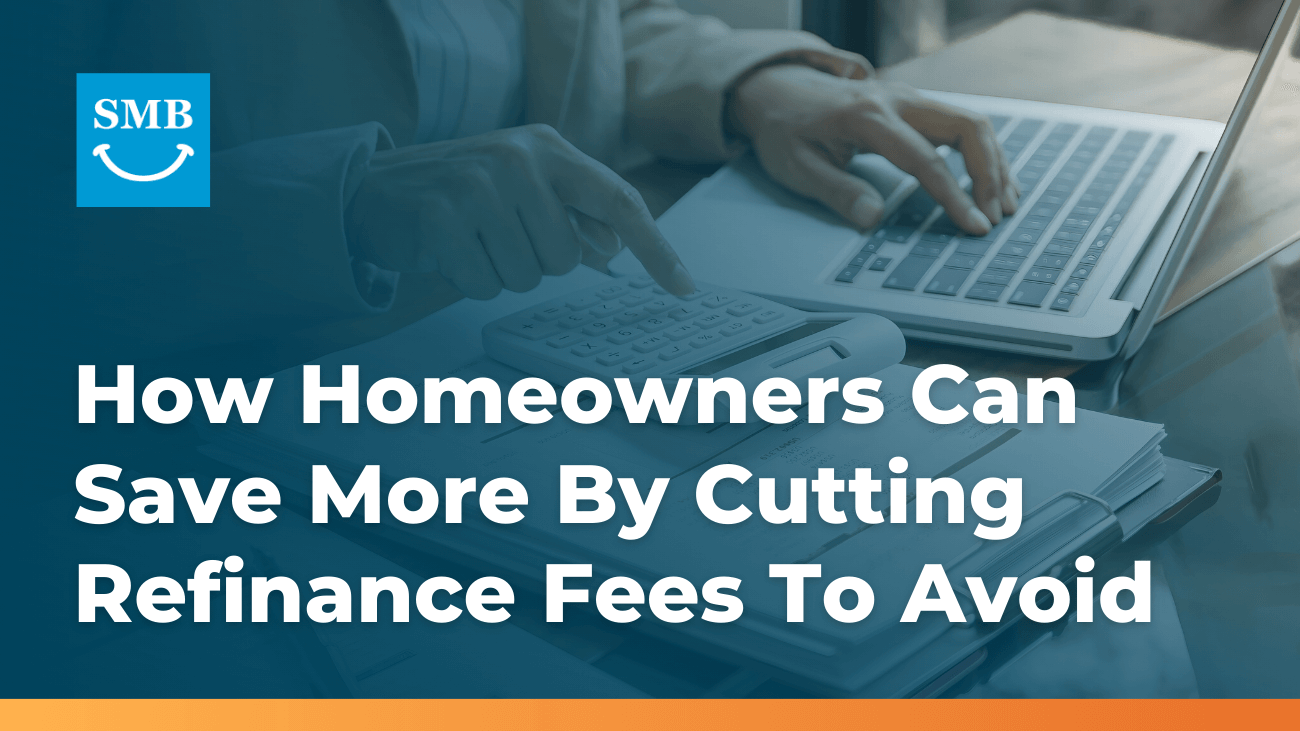

The Ultimate Guide to the Best Suburbs of Seattle

Should You Use a Mortgage Broker? Everything You Need to Know First

How to Find the Right Neighborhoods in Seattle for Your Budget and Lifestyle

Warrantable vs. Non-Warrantable Condos: What Every Buyer Needs to Know Before Financing

How Much Does It Cost to Refinance a Mortgage in Seattle? A Homeowner’s Guide
.png)
How Often Can You Refinance Your Home?
.png)
The Complete Guide to For Sale By Owner (FSBO) in Seattle

10 Questions Every Seattle First-Time Home Buyer Asks

Ultimate Seattle Mortgage Loan Documents Checklist
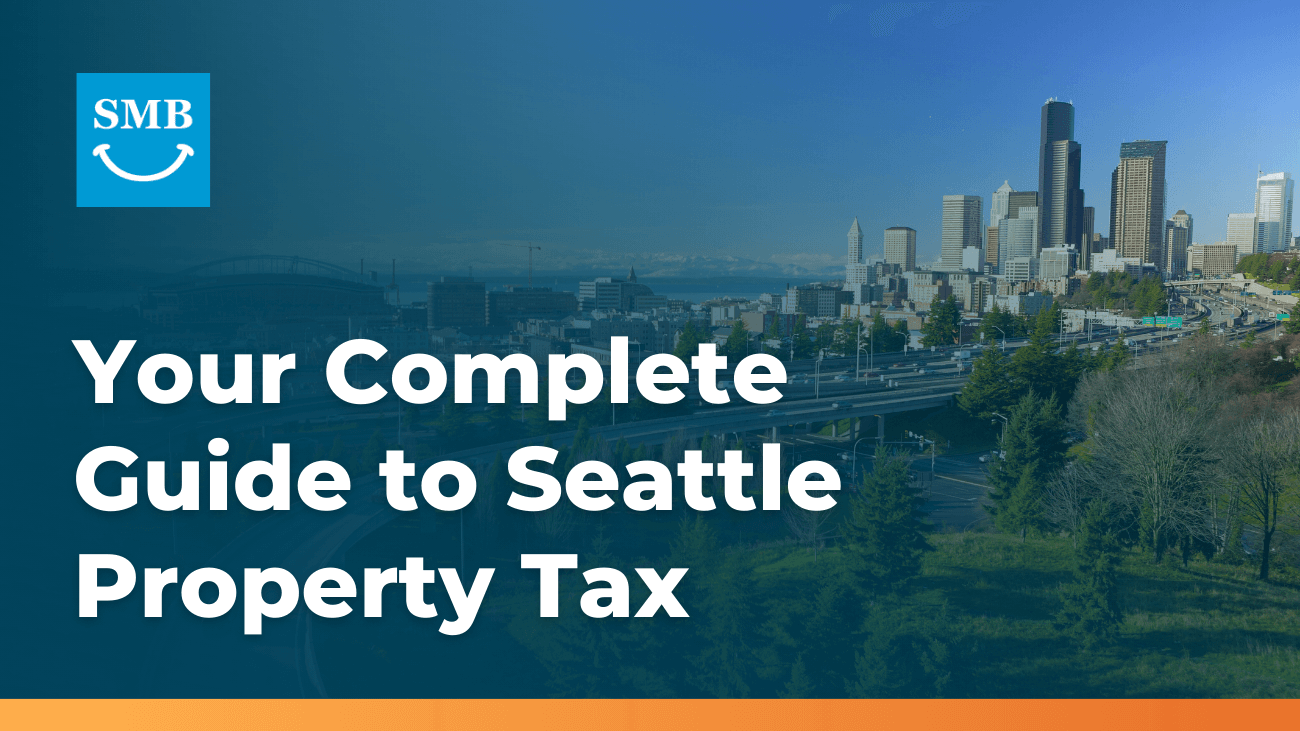
Your Complete Guide to Seattle Property Tax

Why You Should Work with a Mortgage Broker

Where to Find the Best Local Mortgage Broker

Where Are The Best Places To Live In Seattle?

What’s the Best Way to Save Money for a House in Seattle?

When is the Best Time to Refinance a Home?

What is the Jumbo Loan Limit in Seattle 2020?

What You Need to Buy a House in Seattle

What Is a Jumbo Loan and will you need one when moving to Seattle?

What is the Jumbo Loan Limit in Seattle?

What Is A Non-Warrantable Condo?

What is the Best Down Payment Amount on a House in Seattle?

What is PMI Mortgage Insurance? And Why It Is Not As Bad As You Think

What Is A Cash-Out Refinance?

What do Home Loan Underwriters Look For?

What Down Payment Do I Need for a House?

What Are The Costs of Buying a Home?

What Are The Best Neighborhoods In Seattle For Families?

FAQ: What Are the VA Home Loan Requirements?

WEST SEATTLE JUNCTION ; Seattle Neighborhood Tour

What are RSUs and How to Spend Them

Understanding Mortgage Down Payments

Top 5 Seattle Suburbs to Buy In 2021

Understanding Down Payments in Seattle

The Ultimate Mortgage Document Checklist
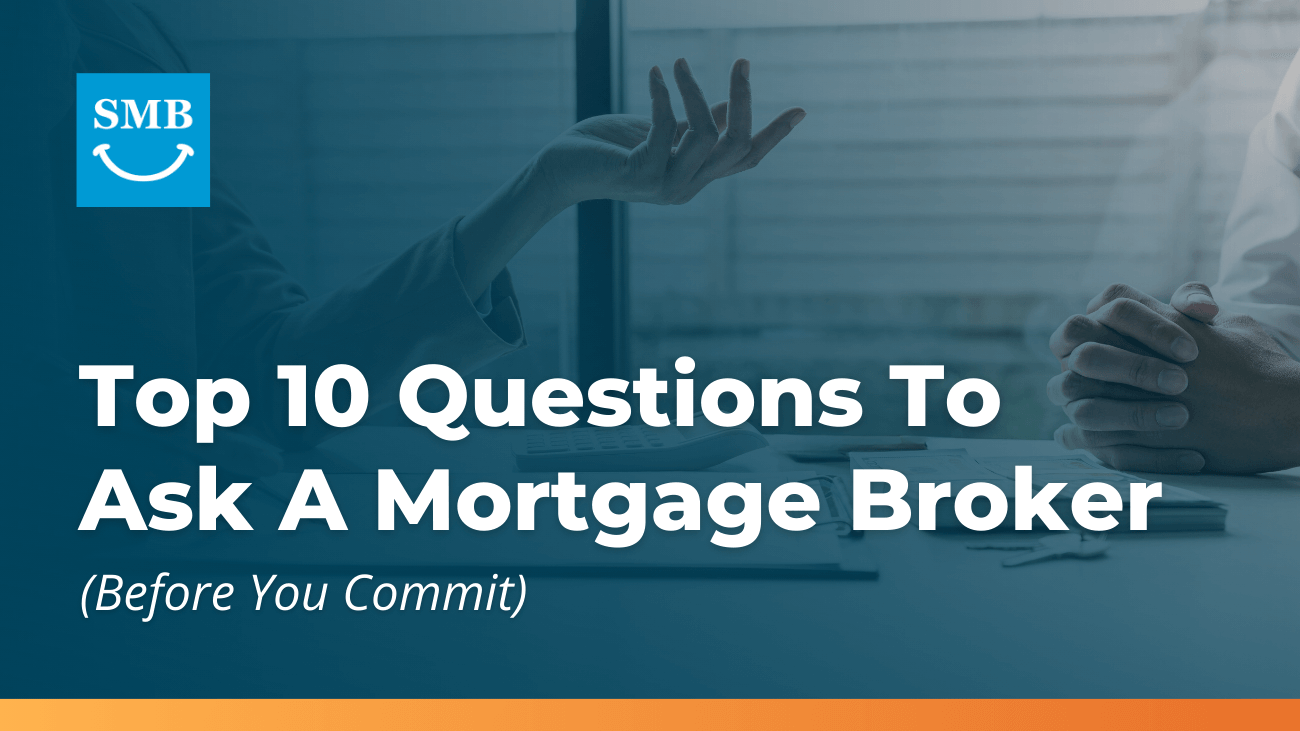
Top 10 Questions To Ask A Mortgage Broker (Before You Commit)

The Worst First-Time Homebuyer Mistakes

The Top 5 Seattle Suburbs for 2020

The Best Seattle Neighborhoods in 2020

How to Find the Best Mortgage Refinance Companies in Seattle

The Best Seattle Neighborhoods for Families

The Best Neighborhoods in Seattle to Buy a Home

The 7 Best Seattle Suburbs for Families

Seattle Neighborhood Guide: The Top 10 Most Affordable Places To Live In Seattle

SOUTH LAKE UNION ; Seattle Neighborhood Tour

Seattle Summer Housing Market Guide 2020

Seattle Housing Market Update 2020

Seattle Housing Market Hacks

Save Money When Buying a House in Seattle

Save Money on Your Mortgage Refinance

Moving to Seattle with a Family? Here's the BEST Suburbs For You!

Refinancing To Reduce Your Bills and Increase Available Cash

Neighborhoods in Seattle to Buy a Home 2020

Real Estate Trends in Seattle

Mortgage Down Payments in Seattle

MAGNOLIA ; Seattle Neighborhood Tour

Mistakes to Avoid with Cash-Out Refinance

How to Refinance Your Home in 9 Steps

Jumbo Loan Limit vs Conforming Loan Limit in Seattle for 2021

KIRKLAND ; Seattle Neighborhood Tour

Jumbo Loan Limit in Seattle for 2021

ISSAQUAH ; Seattle Neighborhood Tour

Is My Credit Score Good Enough to Buy a House?

How to Buy a House; Home Buying 101

How to Lower Your Monthly Mortgage Payment

How to Get the Best Rate for Your Home Loan

How to Buy a House for Less

How Much Home Can I Buy in Seattle?

How Much Do You Really Need for a Down Payment in Seattle?

How Much Home Can I Afford?

Home Price Forecast for Seattle 2020

How Hot is the Seattle Real Estate Market?

How Hot is the Seattle Real Estate Market in 2022?

Home Inspection Questions You Need to Ask

Do You Need a Realtor to Buy a House in Seattle?

FHA vs. Conventional Loan: Which Mortgage Is Right for You?

Find the Best Mortgage Lender for Your Home Loan

Federal Housing Administration Loans 2021

Down Payment Requirements in Seattle

FACTORIA and SOMERSET ; Bellevue Neighborhood Tour

Everything you Need to Know About Seattle Jumbo Mortgages

Everything You Need to Know About VA Loans

Advice To A First Time Home Buyer: Down Payment Assistance Programs Exist for Millennials

CROSSROADS ; Bellevue Neighborhood Tour

Down Payment 101: How Much Money Do I Need to Buy a House?

COVID-19 Mortgage Help for Homeowners

Comparing ARM vs. Fixed Rate Mortgage

Can I Afford To Buy A Home In Seattle?

Choosing the Best Lenders for Home Loans
How to Use Restricted Stock Units to Buy a Home in Seattle

ARM v. Fixed Mortgage: Which is Right For You?

Ballard or Queen Anne? The Best Neighborhoods of Seattle to Buy a House

Avoiding the Worst Seattle Mortgage Lenders

Are You Buying a House in Seattle? Here’s the Ultimate Survival Guide
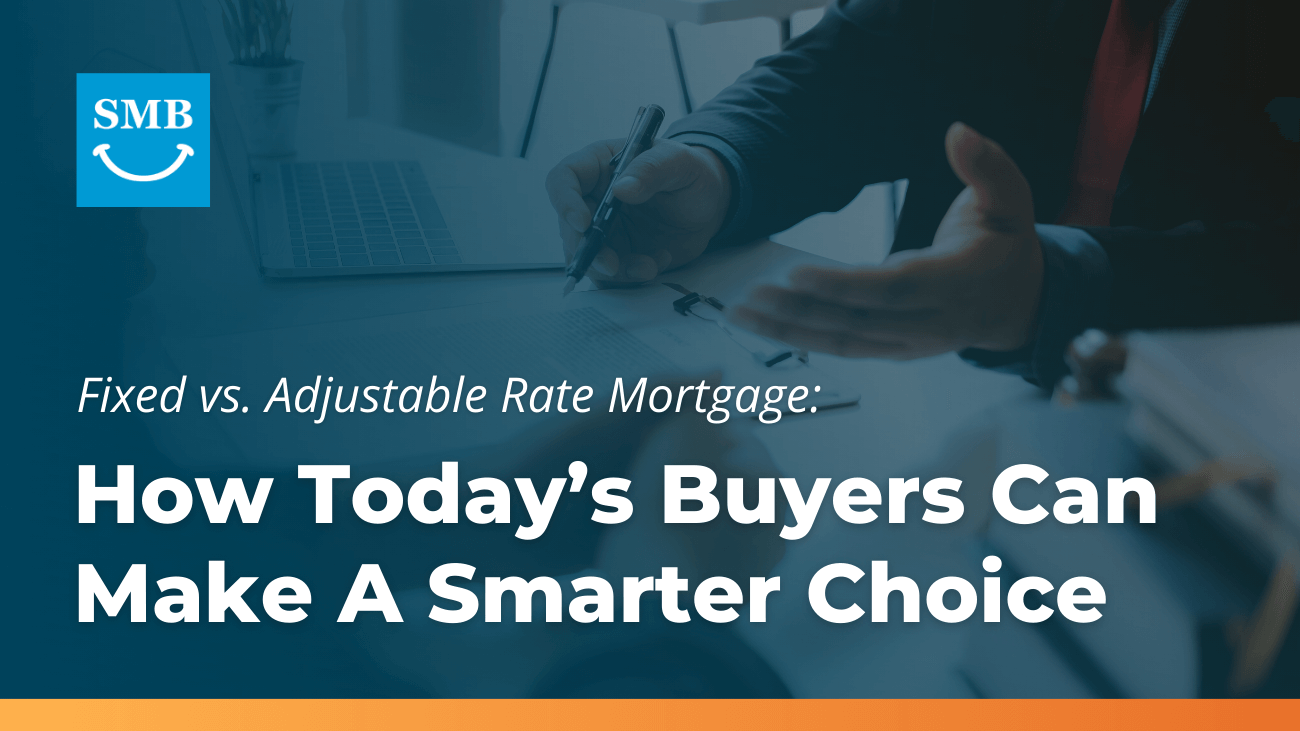
Fixed vs. Adjustable Rate Mortgage: How Today’s Buyers Can Make A Smarter Choice

ALKI BEACH ;; A Seattle Neighborhood Tour

A Complete Guide to Refinancing Your Home Loan

8 Ways to Lower Your Mortgage Payment

8 Mistakes to AVOID When Mortgage Loan Refinancing


















